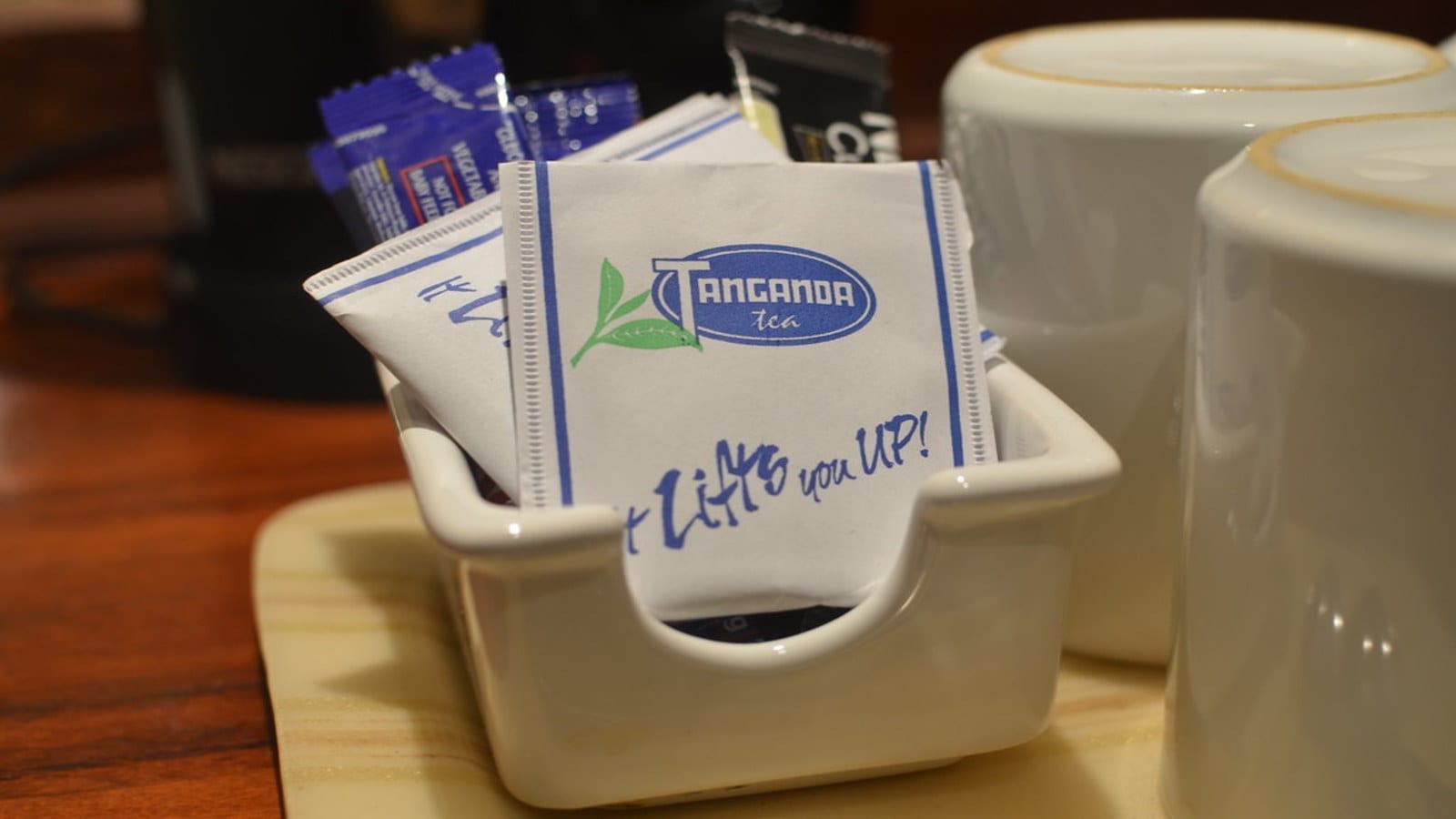Tanganda tea demand remains strong
TANGANDA Tea Company Limited says product demand for the six months ended 31 March remained relatively strong despite the impact of complex macro-economic factors on the local, regional and international markets.
It said sustainable market diversification will continue to be pursued to expand the regional and international markets.
In the period under review, the firm said packed tea exports into the region increased by 78 percent over prior year following diversification into the Democratic Republic of Congo.
Chairman Mr Herbert Nkala said revenue for the half year of US$11,1 million was six percent lower than the prior year of US$11,8 million.
A profit after tax grew by 25 percent to US$1,97 million from US$1,58 million.
Mr Nkala said the firm is optimistic that it has put in place mitigatory strategies to navigate the difficult terrain. Focus, he said, is on improving efficiencies across the company by re-engineering all processes and managing costs.
Mr Nkala said the onset of the rain and its relatively uneven distribution led to an 8,96 percent decline in bulk tea production to 5 082 tonnes from 5 582 tonnes produced in the prior year.
Bulk tea exports of 3 005 tonnes were 12 percent below the previous year of 3 415 tonnes and the average export selling price of bulk tea declined to US$1.38 per kg from the prior year’s average selling price of US$1.45 per kg.
Avocado and macadamia harvest started at the end of the reporting period and international macadamia nut prices are showing signs of firming by about 20 percent over prior year based on first post period end shipments of macadamia nuts to China, he said.
Coffee exports of 58 tonnes were 32 percent above 44 tonnes achieved in prior year and average export selling price of US$6.24 per kg was firmer compared to US$5.03 per kg realised same period prior year.
Packed tea sale volumes of 652 tonnes were 33 percent below 929 tonnes attained in the prior year.
However, he said the customer order book was full, a combination of managing customers to reduce defaulting customer risk and packaging supply constraints are among factors that resulted in reduction in sales volumes.
Packed tea exports into the region increased by 78 percent over prior year following diversification into the Democratic Republic of Congo.
Meanwhile, the firm said interest-bearing borrowings constitute bank loans from various local financial institutions which accrue interest at a weighted average rate of 10.19 percent at the end of the period.
The facilities have different maturity dates and will be reviewed when they mature.
Bank loans of US$3.5 million are secured by the assignment of export proceeds to various financial institutions in line with the level of indebtedness of the Company to each of the Financial institutions,-chroncile











